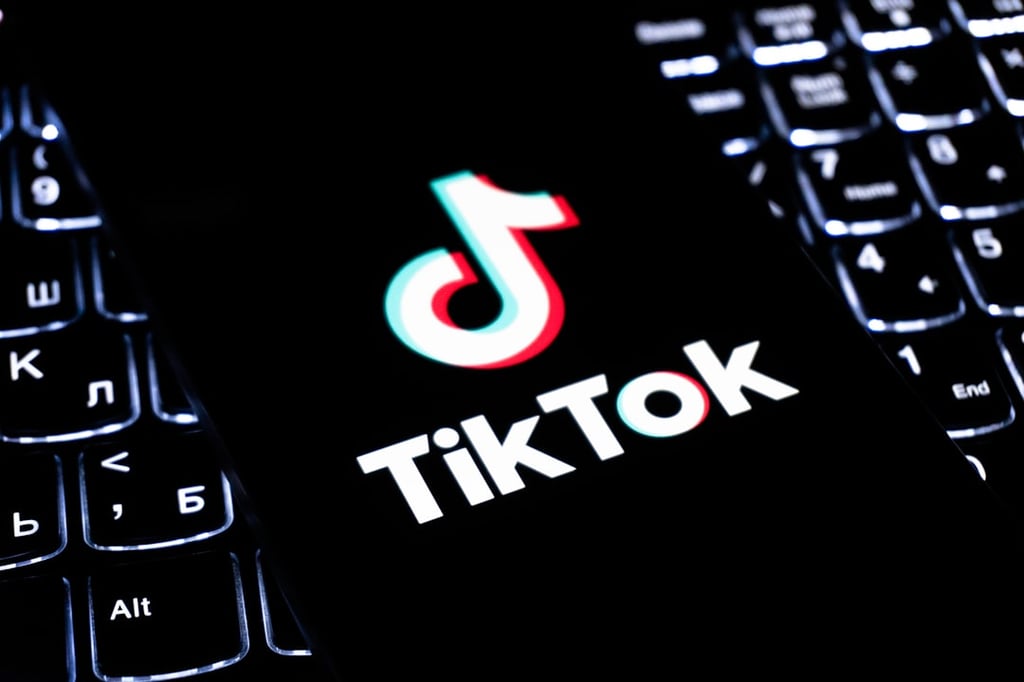Datamation content and product recommendations are
editorially independent. We may make money when you click on links
to our partners.
Learn More
Why would a company opt for BlackBerry devices instead of iPhones and Android smartphones for its employees? I recently heard about a small company that had done just that and wanted to learn more.
The tip came in an email from the CEO of Ombud, an IT advocacy and analysis firm where I serve on the board. He suggested I talk to the folks over at Provident Security about their new Blackberry implementation. Apparently, Provident was moving back to the BlackBerry platform because their trials with the iPhone and Android phones didn’t go that well. So I called Mike Jagger at Provident, bit my tongue every time a Rolling Stones reference popped up in my head and got the back story.
Here is what I learned.
Provident Security
Provident is a security company with about 170 employees in Vancouver, Canada, which offers the unique benefit of on-site response should an alarm trigger or a customer (mostly residential) call. Unlike most security companies that call first to save a truck roll, Provident immediately dispatches. And unlike pizza delivery drivers, if they are late, someone could be hurt or something very expensive stolen.
Their security installations include a range of perimeter and internally triggering systems that include camera monitoring. This last has a feature that will automatically get them to respond should someone behave unusually around your home, like jumping over a fence or approaching the pool when no one is around.
The alert goes out to their roving security guards, who then text back if they can make it in the window. The alerting mechanism’s speed is critical because if the message takes even a minute to get routed there is no way the security guard can respond and then get to the site within the five minute total window.
BlackBerry’s Advantage
The BlackBerry advantage wasn’t the device—it was the BlackBerry messaging server which delivered messages near instantly. The email systems that backed up the iPhones and Android phones just weren’t fast enough, and buffer and delivery issues resulted in delays for routing messages. BlackBerry started as a two-way paging service, and they remain much faster than traditional cell phones for message delivery as long as you remain inside the BlackBerry solution envelope.
With my own email services, it can often take one or two minutes for an email to get through the various buffers and filters and then sync to the phone. You can’t have that when seconds count.
Interestingly, 80 percent of the phones Provident is getting are the keyboard-equipped Q 10 devices—a design that evolved directly from the older two-way pagers.
Clearly the security and other unique advantages contribute to the reasons Provident chose this phone, but in this instance, the overriding feature was messaging speed.
Wrapping Up: Lessons Learned
Companies have a lot of choice with regard to which technology they implement. And that choice can make decisions like the one Provident made more difficult. However, they realized early that there was one feature they absolutely had to have—speed. By focusing on that one feature, and otherwise difficult decisions turned out to be relatively easy because no other solution could match the speed of the BlackBerry.
This also showcases a prime reason why Blackberry might be able to recover. Security, health care, defense, public safety and law enforcement all have a similar primary requirement for speed—because lives are at risk and time is of the essence. These industries are massive, and if BlackBerry can remind them that they have this one critical advantage, the company’s chances of coming back just got a whole lot stronger.
I want to thank Mike Jagger over at Provident Security for taking the time to chat with me. They have one heck of a service—just wish they were in California so I could use them here. I get that time is important when you want to stay safe. I’m a big fan of safe.
-
Ethics and Artificial Intelligence: Driving Greater Equality
FEATURE | By James Maguire,
December 16, 2020
-
AI vs. Machine Learning vs. Deep Learning
FEATURE | By Cynthia Harvey,
December 11, 2020
-
Huawei’s AI Update: Things Are Moving Faster Than We Think
FEATURE | By Rob Enderle,
December 04, 2020
-
Keeping Machine Learning Algorithms Honest in the ‘Ethics-First’ Era
ARTIFICIAL INTELLIGENCE | By Guest Author,
November 18, 2020
-
Key Trends in Chatbots and RPA
FEATURE | By Guest Author,
November 10, 2020
-
Top 10 AIOps Companies
FEATURE | By Samuel Greengard,
November 05, 2020
-
What is Text Analysis?
ARTIFICIAL INTELLIGENCE | By Guest Author,
November 02, 2020
-
How Intel’s Work With Autonomous Cars Could Redefine General Purpose AI
ARTIFICIAL INTELLIGENCE | By Rob Enderle,
October 29, 2020
-
Dell Technologies World: Weaving Together Human And Machine Interaction For AI And Robotics
ARTIFICIAL INTELLIGENCE | By Rob Enderle,
October 23, 2020
-
The Super Moderator, or How IBM Project Debater Could Save Social Media
FEATURE | By Rob Enderle,
October 16, 2020
-
Top 10 Chatbot Platforms
FEATURE | By Cynthia Harvey,
October 07, 2020
-
Finding a Career Path in AI
ARTIFICIAL INTELLIGENCE | By Guest Author,
October 05, 2020
-
CIOs Discuss the Promise of AI and Data Science
FEATURE | By Guest Author,
September 25, 2020
-
Microsoft Is Building An AI Product That Could Predict The Future
FEATURE | By Rob Enderle,
September 25, 2020
-
Top 10 Machine Learning Companies 2021
FEATURE | By Cynthia Harvey,
September 22, 2020
-
NVIDIA and ARM: Massively Changing The AI Landscape
ARTIFICIAL INTELLIGENCE | By Rob Enderle,
September 18, 2020
-
Continuous Intelligence: Expert Discussion [Video and Podcast]
ARTIFICIAL INTELLIGENCE | By James Maguire,
September 14, 2020
-
Artificial Intelligence: Governance and Ethics [Video]
ARTIFICIAL INTELLIGENCE | By James Maguire,
September 13, 2020
-
IBM Watson At The US Open: Showcasing The Power Of A Mature Enterprise-Class AI
FEATURE | By Rob Enderle,
September 11, 2020
-
Artificial Intelligence: Perception vs. Reality
FEATURE | By James Maguire,
September 09, 2020
SEE ALL
ARTICLES







